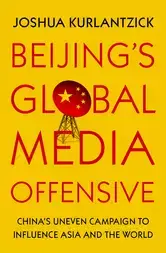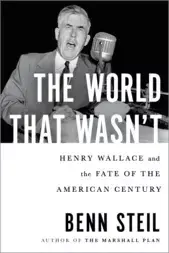- Iran
- Israel-Hamas
-
Topics
FeaturedIntroduction Over the last several decades, governments have collectively pledged to slow global warming. But despite intensified diplomacy, the world is already facing the consequences of climate…
-
Regions
FeaturedIntroduction Throughout its decades of independence, Myanmar has struggled with military rule, civil war, poor governance, and widespread poverty. A military coup in February 2021 dashed hopes for…
Backgrounder by Lindsay Maizland January 31, 2022
-
Explainers
FeaturedDuring the 2020 presidential campaign, Joe Biden promised that his administration would make a “historic effort” to reduce long-running racial inequities in health. Tobacco use—the leading cause of p…
Interactive by Olivia Angelino, Thomas J. Bollyky, Elle Ruggiero and Isabella Turilli February 1, 2023 Global Health Program
-
Research & Analysis
Featured
Terrorism and Counterterrorism
Violence around U.S. elections in 2024 could not only destabilize American democracy but also embolden autocrats across the world. Jacob Ware recommends that political leaders take steps to shore up civic trust and remove the opportunity for violence ahead of the 2024 election season.Contingency Planning Memorandum by Jacob Ware April 17, 2024 Center for Preventive Action
-
Communities
Featured
Webinar with Carolyn Kissane and Irina A. Faskianos April 12, 2023 Academic and Higher Education Webinars
-
Events
FeaturedJohn Kerry discusses his work as U.S. special presidential envoy for climate, the challenges the United States faces, and the Biden administration’s priorities as it continues to address climate chan…
Virtual Event with John F. Kerry and Michael Froman March 1, 2024
- Related Sites
- More
April 7, 2004
Northeast AsiaSomething new is happening across East Asia. A part of the world long noted for its lack of internal economic links is discussing regional cooperation on trade, investment, and exchange rates. Why ha…

March 8, 2024
ColombiaPaul J. Angelo provides the first headlining case studies of Plan Colombia and the Mérida Initiative.

December 1, 2022
ChinaJoshua Kurlantzick analyzes China's attempts to become a media, information, and influence superpower, seeking for the first time to shape the domestic politics, local media, and information environm…

December 5, 2023
South KoreaThe alliance between the United States and South Korea has endured through seven decades of shifting regional and geopolitical security contexts. Yet it now faces challenges from within. Domestic pol…

October 19, 2021
Middle East and North AfricaA perceptive and provocative history of Henry Kissinger’s diplomatic negotiations in the Middle East that illuminates the unique challenges and barriers Kissinger and his successors have faced in the…

January 9, 2024
Political History and TheoryA dramatic and powerful new perspective on the political career of Henry Wallace—a perspective that will forever change how we view the making of U.S. and Soviet foreign policy at the dawn of the Col…

 Online Store
Online Store